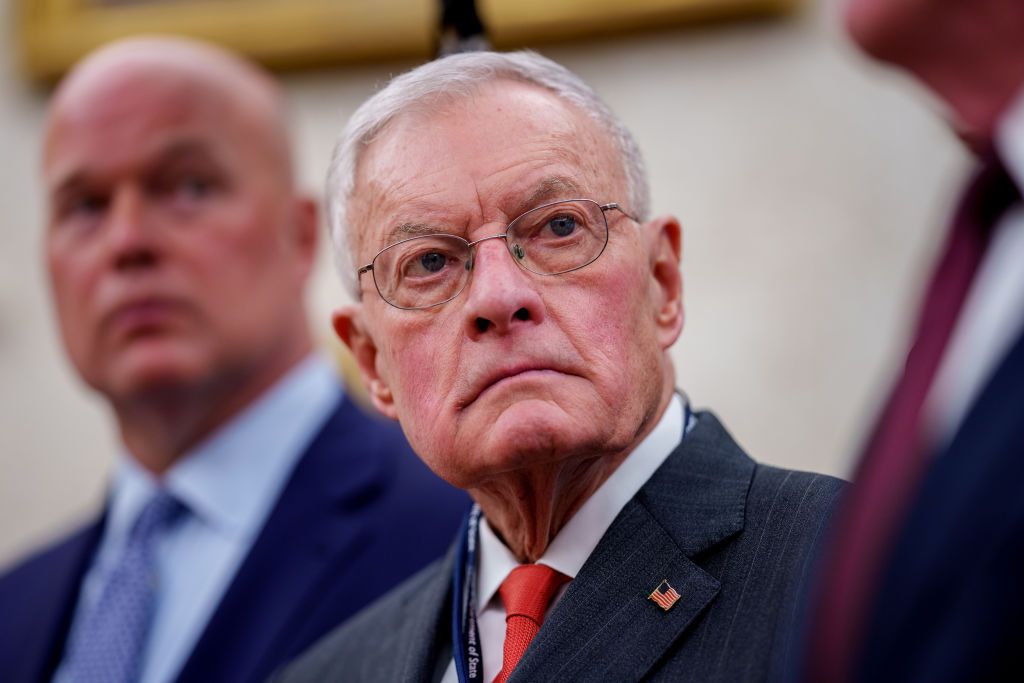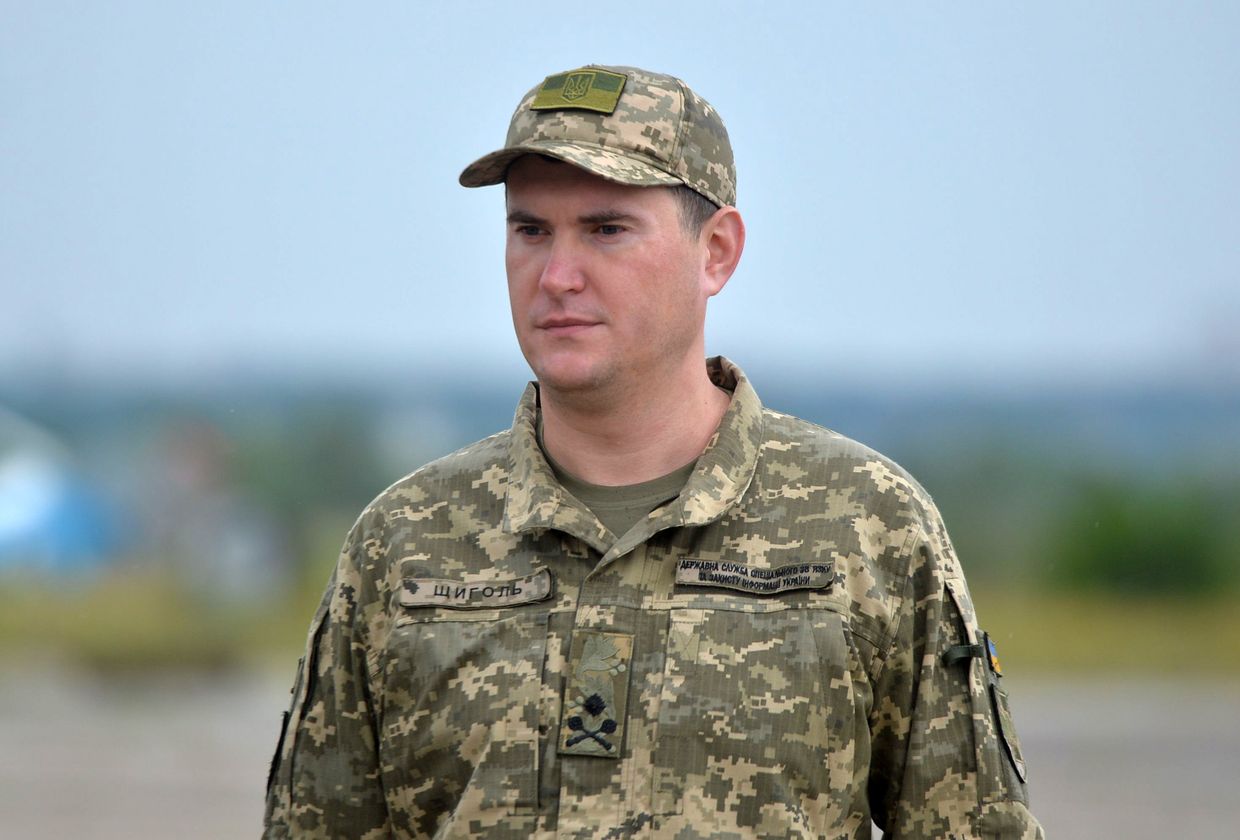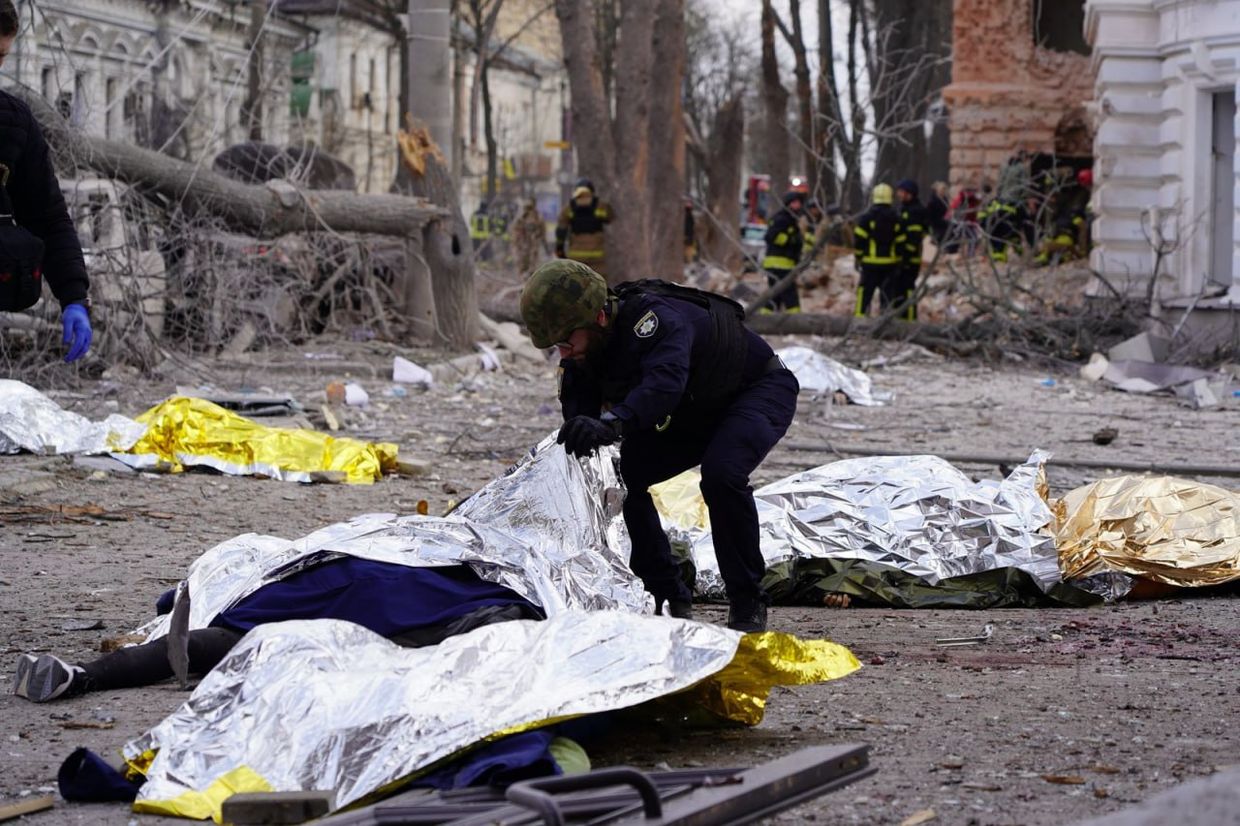Since December, North Korean troops have been taking part in active combat on Russia's side in the country's Kursk Oblast, where Ukraine has held territory since August.
This unprecedented move, made against the backdrop of a deepening Moscow-Pyongyang alliance, provided some insight into how North Korean troops fare in modern warfare.
President Volodymyr Zelensky said on Jan. 9 that North Korea had suffered 4,000 soldiers killed or wounded while fighting for Russia against Ukraine. A week later, South Korea's intelligence agency placed North Korean losses at 300 killed and 2,700 injured.
South Korea's intelligence agency placed North Korean losses at 300 killed and 2,700 injured.
Though these claims cannot be independently verified, experts interviewed by the Kyiv Independent for this article believe the figures to be credible. This means that up to one-third of the 12,000-strong North Korean contingent sent to aid Russia's war have been killed or injured.
But despite gaps in knowledge and experience, observers acknowledge that the North Koreans have proven to be committed, even fanatical fighters.
As a testament of their will to fight and die in war a continent away, Ukraine has so far managed to capture only two North Korean soldiers — the others reportedly commit suicide or are killed by their comrades to avoid falling into captivity.
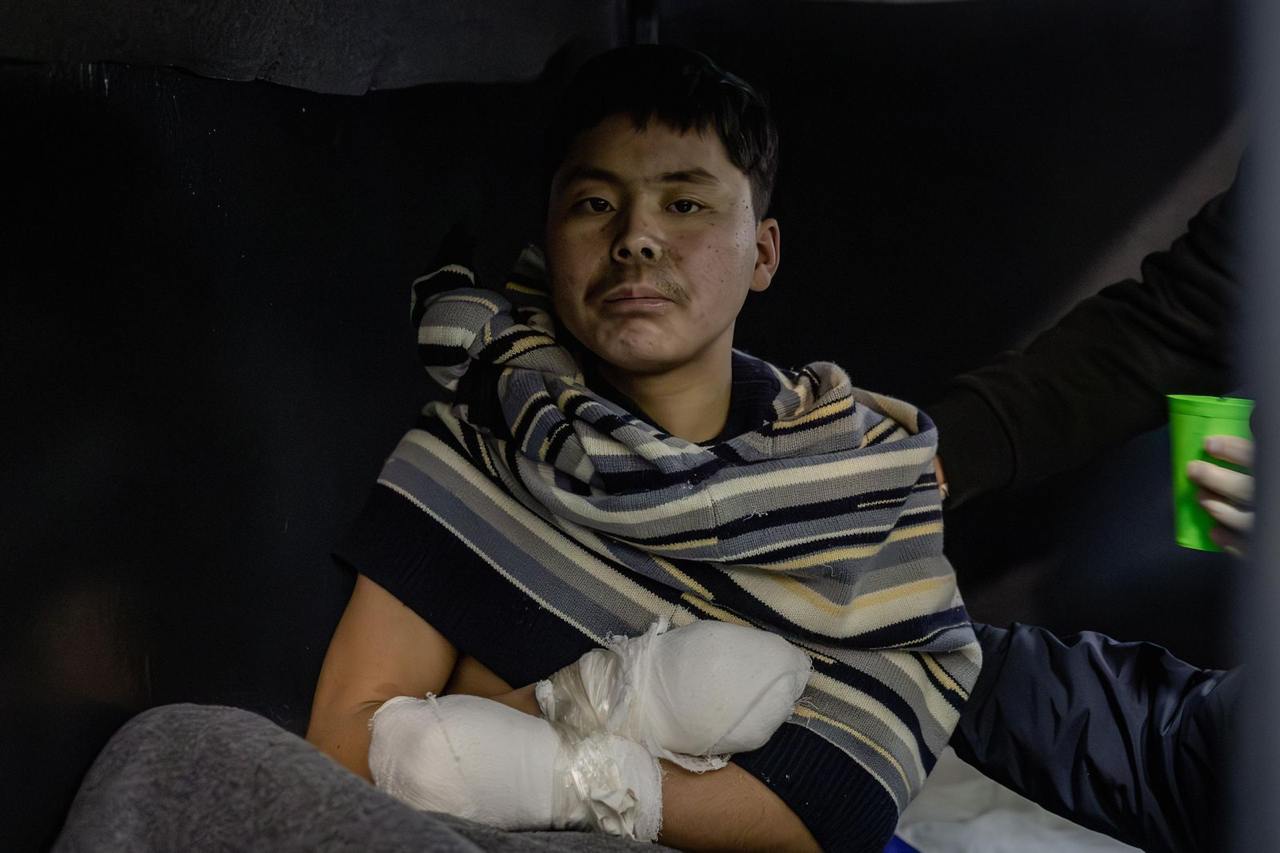
What's behind North Korean losses?
Though Ukraine reported the first limited clashes with North Korean troops in Kursk Oblast in early November 2024, full-fledged combat deployment in ground assaults can be traced to mid-December.
North Korean soldiers have joined Russian efforts in retaking Ukrainian-held territory in Kursk Oblast, held since early August 2024. Since then, Kyiv's forces began churning out footage of North Korean soldiers being hunted down by FPV drones or killed by Ukrainian fire as reports of casualties mounted.
Despite the training and equipment Russia provided to its new allies, North Korean troops proved ill-prepared for the realities of modern warfare, lacking the experience of their Russian and Ukrainian counterparts.
"North Korean troops are being 'consumed' for front-line assaults in an unfamiliar battlefield environment of open fields, and they lack the ability to respond to drone attacks," said a South Korean official briefed by his country's intelligence agency in December.
The high casualty rates can also be attributed to the "human wave" tactic mirroring Russian attacks in eastern Ukraine as North Korean soldiers are funneled against fortified Ukrainian defenses. The battlefield environment in Russia's war against Ukraine has been especially deadly, with Russia itself suffering between 600,000-800,000 casualties throughout the full-scale invasion, according to Ukrainian sources.
Speaking to the Kyiv Independent, defense expert Viktor Kevliuk said that the purpose of the North Korean contingent is to "solve tactical tasks that involve a high level of losses."
"The purpose of the North Korean contingent is to "solve tactical tasks that involve a high level of losses."
Similarly, White House spokesperson John Kirby noted that North Korea employs "massed dismounted assaults" which "haven't really been that effective" and result in "heavy casualties."
"At night, small, overstretched groups (10-15 soldiers) come in, accumulate, and then enter the village from different directions," a Ukrainian soldier fighting near Sudzha told the Kyiv Independent on Jan. 6, confirming that North Korean assaults resemble the infamous "human wave" tactics.
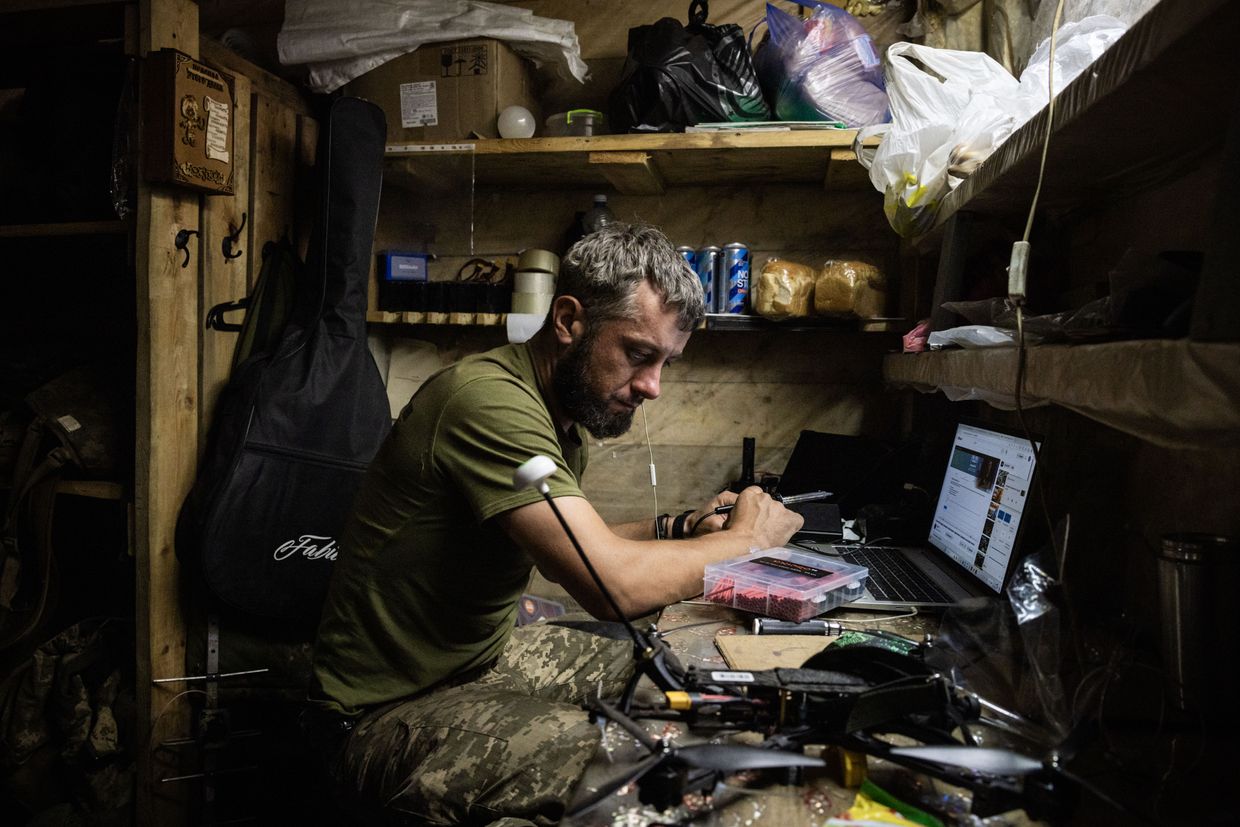
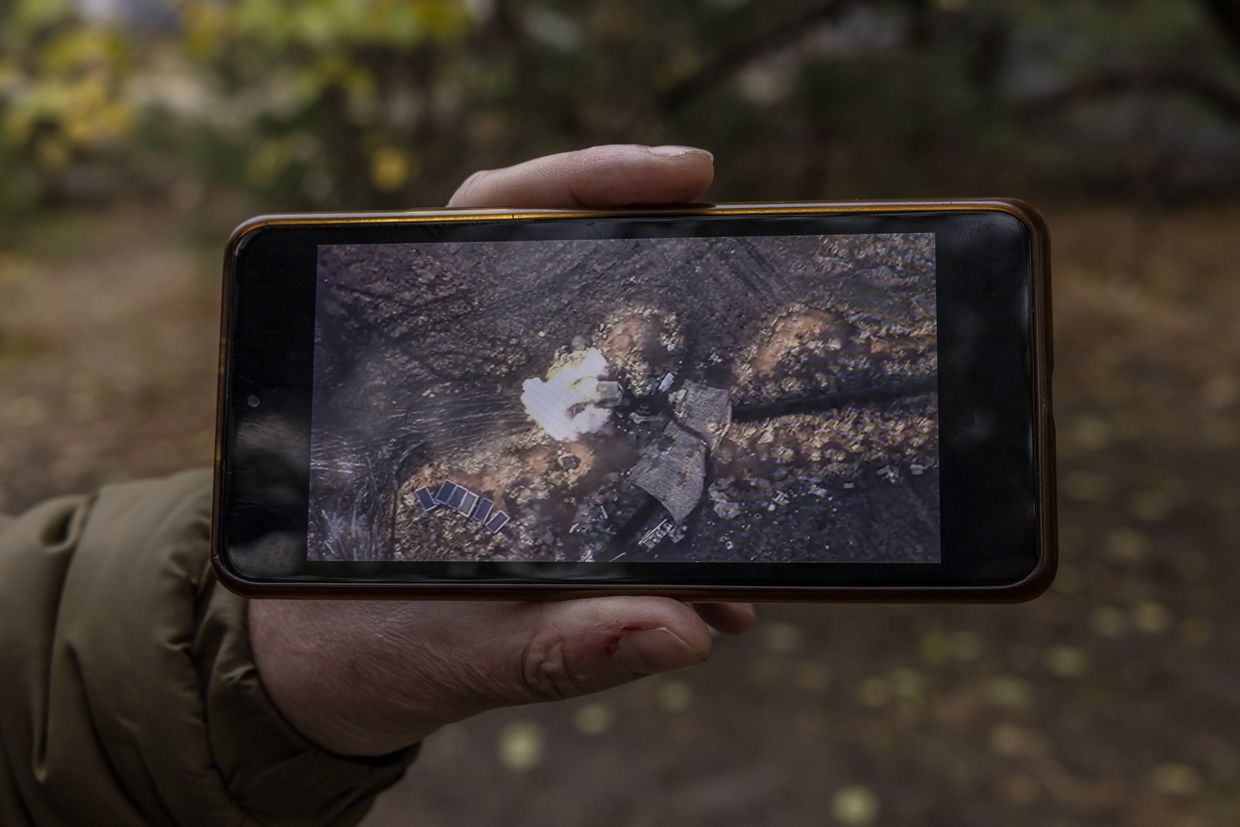
"I think these columns are entirely Koreans, they come in, and then they are replaced by Russians already in the positions they occupy."
Sydney Seiler, a senior advisor at the Center of Strategic and International Studies (CSIS) and former U.S. intelligence officer for North Korea, told the Kyiv Independent that "cards (have been) stacked against" North Korean soldiers from the beginning.
"And when you throw on top of that command and control language differences and just the fact that this is high casualty warfare," the current casualty rates are to be expected, the expert said.
Western and Ukrainian officials nevertheless acknowledged that the "indoctrinated" North Korean soldiers, including elite "Storm Corps" units, showed high resolve and continued attacking no matter the casualties or chances of success.
South Korea's intelligence agency recently said that the North Korean soldiers chose suicide rather than falling into captivity, ramping up the losses even further.
A video published by Special Operations Forces of Ukraine on Jan. 13, showed Ukrainian troops taking part in active combat with allegedly North Korean troops in Russia's Kursk Oblast. In one instance, the video captures a soldier fighting against Ukrainian troops committing suicide.
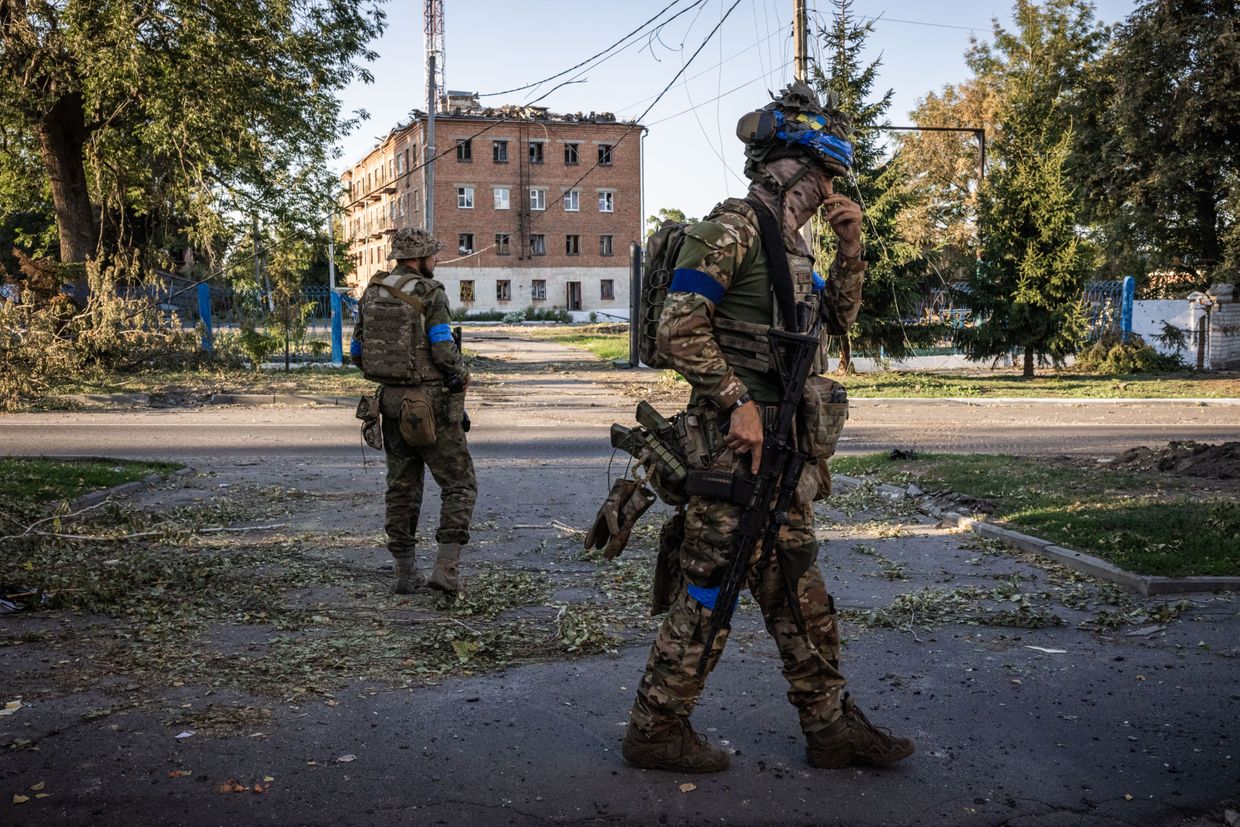
North Korean troops are learning their lessons
While the deployment of North Korean soldiers is mutually beneficial to both Vladimir Putin and Kim Jong Un, The New York Times reported that the idea came from Pyongyang.
North Korea receives not only assistance for its nuclear weapons program, hard cash, and other tangible benefits but also valuable military experience. The threat of the North Korean regime acquiring a battle-hardened force adept at modern warfare has indeed become a cause for concern both in Seoul and Washington.
Pyongyang "is significantly benefiting from receiving Russian military equipment, technology, and experience, rendering it more capable of waging war against its neighbors," said Dorothy Camille Shea, the deputy U.S. ambassador to the U.N.
"Pyongyang "is significantly benefiting from receiving Russian military equipment, technology, and experience, rendering it more capable of waging war against its neighbors."
Special Operations Forces shared an alleged excerpt from a diary of a killed North Korean soldier that seems to confirm these concerns.
"I emphasize once again that the most important, vital task for our Armed Forces is readiness in the event of war," the diary reads. The goal of North Korea's involvement in Russia's war is "to prepare versatile battalions that can perform any task perfectly, even at the cost of death."
Indeed, it appears that the North Koreans are learning their lesson — albeit the hard way.
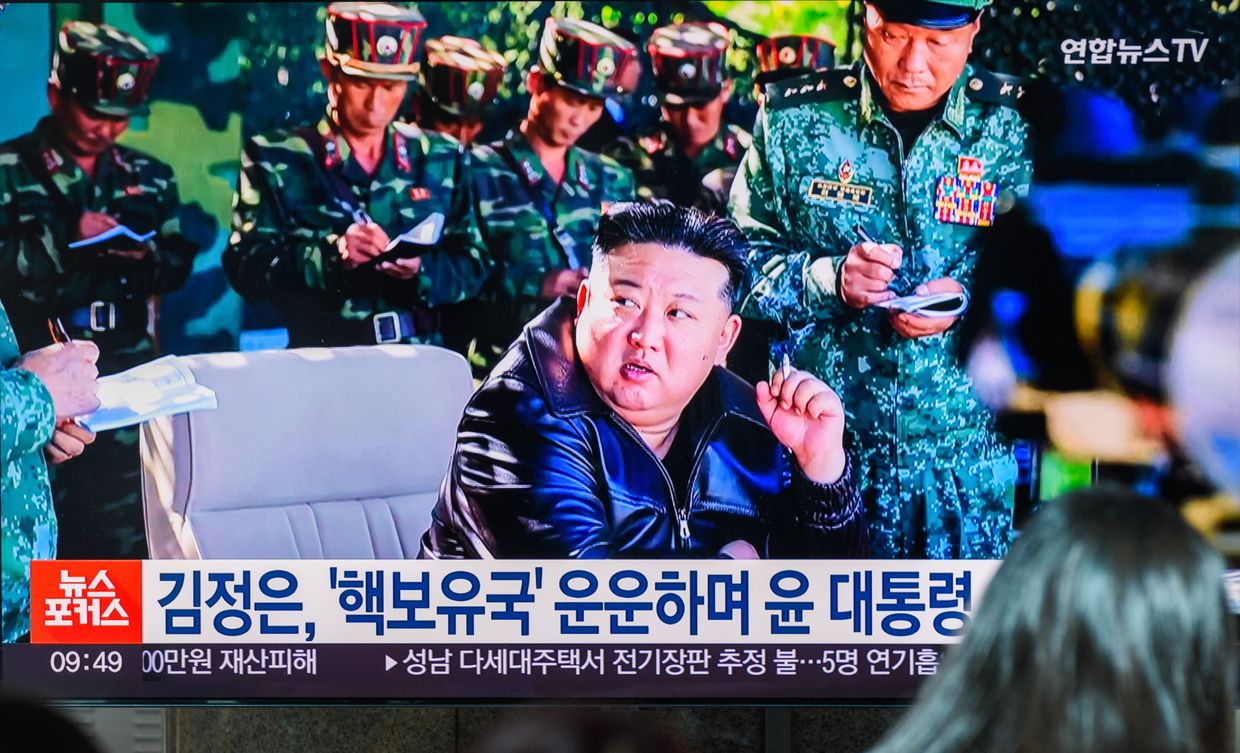
"There's evidence that they're (North Korean troops) starting to learn how to use soldiers as decoys for drones while others shoot them down," Mick Ryan, a retired Australian major general and non-resident fellow at the CSIS, told the Kyiv Independent.
"It's going to be a long, slow learning process for them, but they will learn — those who survive — and they'll pass those lessons on to subsequent deployments to Kursk and to their military back home in North Korea."
Seiler told the Kyiv Independent that North Koreans "probably engaged in military actions that are relatively simple in their complexity and become highly repetitive."
"They've overcome the shock of the sudden deployment," he added.
The expert nevertheless voiced skepticism about the usefulness of the gained experience unless North Korea dispatches a larger contingent.
"I don't really believe that unless this is a protracted contribution of troops somewhere up towards 100,000 or more (who) get experience… that that's going to be a big payoff," Seiler said.
There are signals that the initial 12,000-strong contingent might not be the last batch of reinforcements Moscow receives. Speaking to U.S. podcaster Lex Fridman, Zelensky said that North Korea could dispatch an additional 30,000–40,000 troops to the front as Russia ramps up pressure in Kursk Oblast.
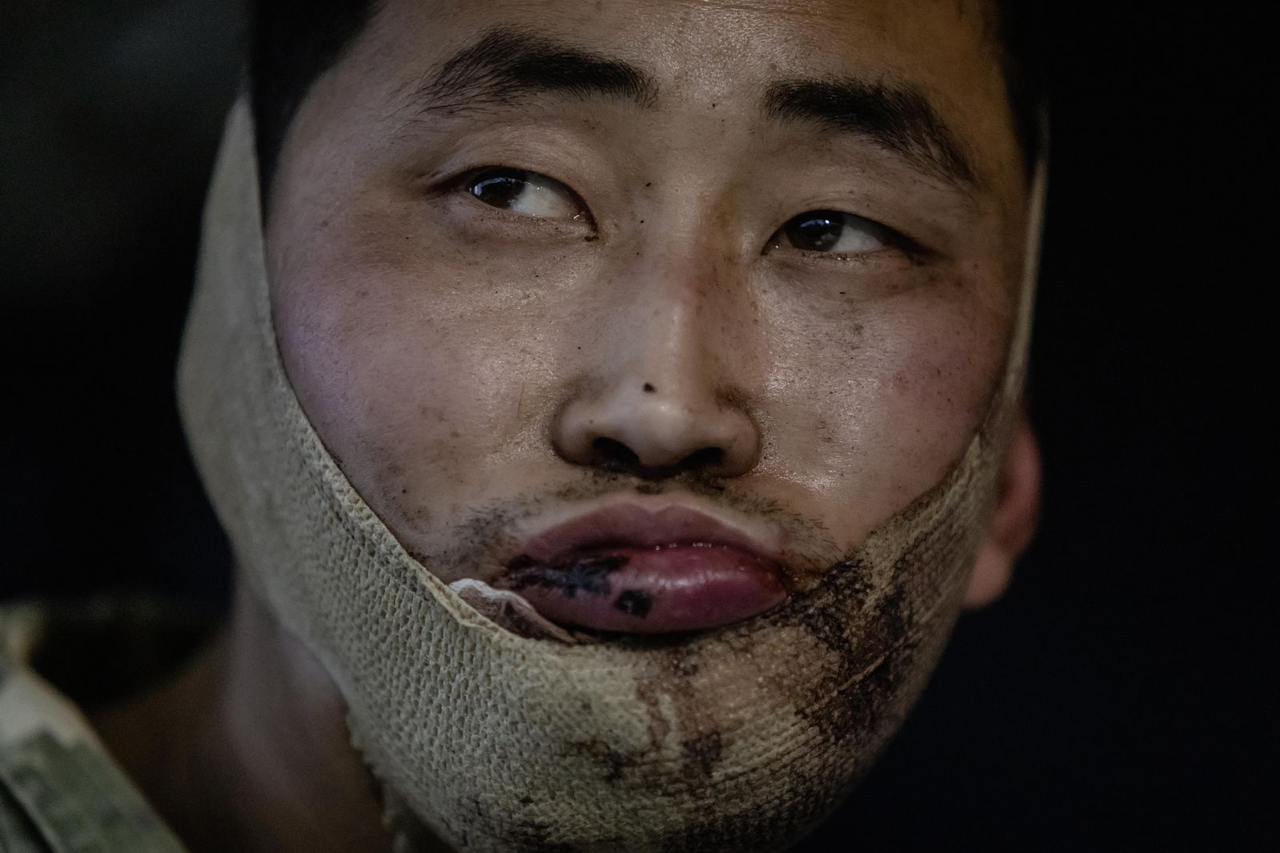
Gains outweighing the costs
On Russia's part, North Korean troops can help beef up the front in Kursk Oblast while experienced Russian forces continue pushing forward in Ukraine's east.
"The North Korean contingent is a discount way to increase the density of… (Russia's) battle formations in the Kursk region," Kevliuk said, acknowledging that they are "useful in this context."
Putin is likely to try and squeeze Ukraine out of his home turf before Kyiv can leverage its positions there in possible peace talks this year.
Russia has been steadily chipping away at Ukrainian gains in its southwestern region for the past months. A recent Ukrainian offensive appeared to have achieved only limited gains so far rather than turning the tide.
As for North Korea, experts concur that both tangible and intangible benefits the country's regime receives outweigh any potential losses.
"Whether it's broader lessons from the war about drones and air defense, strategic coercion, information operations, whether it's about access to new technologies for its missiles and these kinds of things, there will be other kinds of returns that North Korean will be expecting," Ryan said.
According to Seiler, Kim Jong Un's ambition to "show himself as a leader among this new axis of upheaval" and gain diplomatic benefits from his partners could be even more important than any potential battlefield experience.
Western officials have warned that North Korea could grow bolder should Ukraine be defeated, with potential repercussions for the security in the Korean Peninsula and the Asia-Pacific region at large.
Natalia Yermak contributed reporting to this article.
Note from the author:
Hi, this is Martin Fornusek. I hope you enjoyed this article.
Our team strives every day to bring you in-depth insights into Russia's ongoing war and Ukraine's resistance, but we wouldn't be able to do so without the support of readers like you. To help us continue in this work, please consider supporting our reporting.
Thank you very much.







